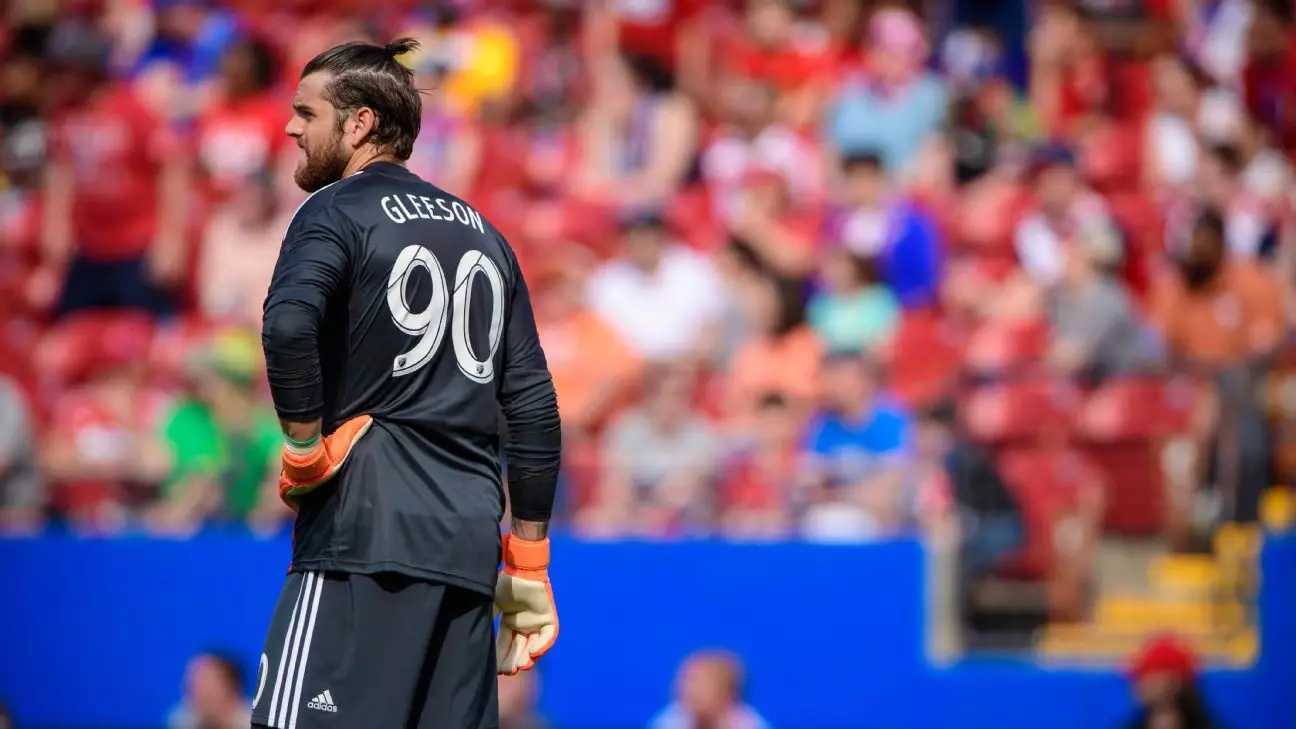The saga of Jake Gleeson, former goalkeeper for the Portland Timbers, is one marked by resilience and hardship. After undergoing surgery in 2018 for stress fractures in both legs, Gleeson’s expectations of recovery were brutally shattered when he developed severe infections due to improper sterilization of the surgical plates. This tragic turn of events led him to experience more than a dozen surgeries and ultimately robbed him of his professional soccer career. Recently, a jury ruled in favor of Gleeson in a medical malpractice suit against Dr. Richard H. Edelson, awarding him over $20 million. This significant verdict not only highlights Gleeson’s personal suffering but raises critical questions about accountability and safety in medical practices.
Accountability in the Medical Field
Gleason’s case sheds light on how the medical system can sometimes fail patients, regardless of their public status or profession. He emphasized the need for medical professionals to uphold the highest standards of patient care, stating, “When you sign that consent form, you’re signing that they’re going to do everything in their power to keep you safe.” This sentiment underscores a fundamental expectation that anyone undergoing surgery should have—the assurance that their well-being is the top priority of healthcare providers. Gleeson’s experience provokes a broader discussion about patient rights and the responsibilities of medical practitioners in adhering to safety protocols.
The jury’s verdict, which overwhelmingly found Dr. Edelson negligent, is a significant win for Gleeson, not just personally but for every patient who might find themselves in a similar predicament. It serves as a stark reminder that the repercussions of medical negligence can be profound, leading to detriment not only in physical health but also in emotional and financial stability.
The High Stakes of Medical Negligence
While the courtroom drama unfolded over three weeks, testimony from Gleeson and his former teammates painted a vivid picture of the pain and frustration that followed his surgeries. The emotional toll of being sidelined from his beloved sport due to no fault of his own is immeasurable. As Gleeson described, “It’s been a lot of physical pain. It’s been a lot of emotional pain…a lot of this has quite consumed my life for the last six and a half years.” His persistent struggle to manage both the physical rehabilitation and mental anguish speaks volumes about the often-unseen battles faced by patients following medical mistakes.
Moreover, the verdict determined various scales of damages, reflecting the serious implications of Gleeson’s ordeal. From past medical expenses to future impaired earning capacity, the jury acknowledged the breadth of impact that such negligence has had on Gleeson’s life. This structured approach to damages not only emphasizes Gleeson’s experience but also sets a precedence for how similar cases may be approached in the future.
Legal and Ethical Implications
The ramifications of this case extend beyond financial compensation. As noted, the jury assessed the sterilization method used during Gleeson’s surgery—the Immediate-Use Steam Sterilization (IUSS)—as insufficient for the circumstances. This aspect of the case exposes underlying gaps in surgical protocols and ethical responsibilities in the operating room that must be critically analyzed. With infection being a known risk in surgical procedures, the onus is on healthcare professionals to mitigate such risks through meticulous adherence to sterilization guidelines.
Nevertheless, this verdict is a ray of hope amidst skepticism toward medical institutions. It serves as a beacon highlighting the necessity of stringent adherence to medical standards—an expectation that should be universally enforced regardless of a patient’s status. The defense’s argument attempting to exonerate Dr. Edelson by downplaying the complications arising from surgery raises ethical concerns about accountability in medical settings.
Life Beyond Soccer
For Gleeson, the verdict facilitates a mixed sense of justice. As he starts to heal from the emotional and physical scars of this experience, his commitment to advocacy shines through. Gleeson is not merely seeking restitution; instead, he aspires to educate others about the importance of medical diligence and patient rights. By becoming an advocate, he aims to guarantee that no athlete, whether in MLS, NFL, or any other field, is put in a position where they suffer preventable injuries due to negligence.
While Gleeson’s case is an individual story of pain turned into advocacy, it uniquely highlights the systemic issues that need addressing within the medical community. The path towards reform may be long, but cases like Gleeson’s are vital in stimulating necessary conversations around accountability and the sanctity of patient care. His journey illustrates that true resilience often comes from facing adversities head-on and transforming that experience into advocacy for others.

